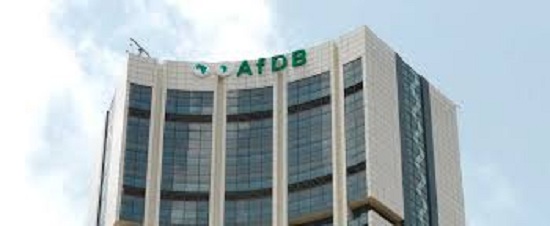Nigeria is on the verge of losing out in the funding process for the Phase II of the Special Agro-Industrial Processing Zones (SAPZs) due to what has been described as systemic delays and bottlenecks in the implementation of the Phase I of the programme, which attracted a US$538 million loan facility.
The SAPZs secured the $538 million in co-finance from the African Development Bank Group, the International Fund for Agricultural Development (IFAD), the Islamic Development Bank (IsDB) with the contribution of the Federal Government to the fund.
The SAPZs project was launched in 2022 and is designed to establish agro hubs that integrate the production, processing and distribution of specific crops and livestock in a bid to stimulate economic diversification, increased incomes, improve livelihoods and promote food security.
Analysts, however, believe that the project has not made much progress in the Nigerian states. Given that Phase I implementation is plagued by delays and that the current AfDB President, Dr. Akinwumi Adesina, would soon be leaving office, meaning that if something urgent is not done, Nigeria may not benefit much from the programme.
Adesina, who first proposed the SAPZs while serving as Nigeria’s Minister of Agriculture, but the proposal was allegedly not implemented because of opposition from some members of the Federal Executive Council at that time.
According to the Senior Special Advisor to the AfDB President, Prof. Oyebanji Oyelaran-Oyeyinka, SAPZs are the ideal model for pulling Nigeria out of the current food supply and unemployment challenges and should be well embraced.
Speaking at the Special Agro-Industrial Processing Zones States Steering and Technical Committee Workshop and Validation of the SAPZ Programme Operational Guidelines in the Federal Capital Territory in Abuja, he warned that unless things improved, the second funding may not happen, or come the way of Nigeria.
Oyelaran-Oyeyinka said the success of Phase I was crucial for the approval and implementation of Phase II, which aims to expand the programme nationwide, as it represents a significant opportunity for Nigeria to leverage its huge agricultural potentials and move forward to achieving sustainable economic development.

On his part, the Director-General of the AfDB’s Nigeria Country Department, Dr. Abdul Kamara has disclosed that the recent meeting with stakeholders in Abuja was intended to improve cooperation among important parties to fast-track implementation while the SAPZs National Project Coordinator, Dr. Kabir Yusuf, opined that the initiative has the potential to drive the development and modernisation of the nation’s economy.
Yusuf informed that the programme would create the catalytic infrastructure needed to draw capital into value-added processing, which will in turn, lower transaction costs and de-risk the agriculture industry, noting that “we will be able to provide investors with cheap and affordable power at a minimal cost, sustainable power that will enable them to produce such that their output will be very cheap”.
FarmingFarmersFarms, in the editorial titled, “SAPZ: The Flagship Agric Initiative of AfDB”, https://farmingfarmersfarms.com/2024/08/sapz-the-flagship-agric-initiative-of-afdb/, had advised that “Ahead of Phase II of SAPZ and with the recent declaration of a state of emergency in food security by President Bola Tinubu, it is hoped that the take-off of the SAPZ Phase II would foster speedy structural transformation of our economy. No doubt, Nigeria needs to diversify its largely monolithic economy by turning agriculture into a wealth-creating sector with highly competitive agricultural value chains.
The editorial added that, “Due attention should also be paid to findings of the International Fund for Agricultural Development (IFAD) Programme Design Report on SAPZ (2021), which identified the risks involved in the implementation of the flagship programme such as the country’s fragility context, such as poor governance and corruption, violence and conflicts and conflicting sector strategies and policies; operational risks like limited access to land for women, youths, persons with disabilities and internally-displaced persons; institutional risks, including political interference; and environment and climate risks, among others.
It is our hope that the two phases of SAPZ would collectively bring about the expected economic transformation and national development by revolutionising agricultural practices”.

